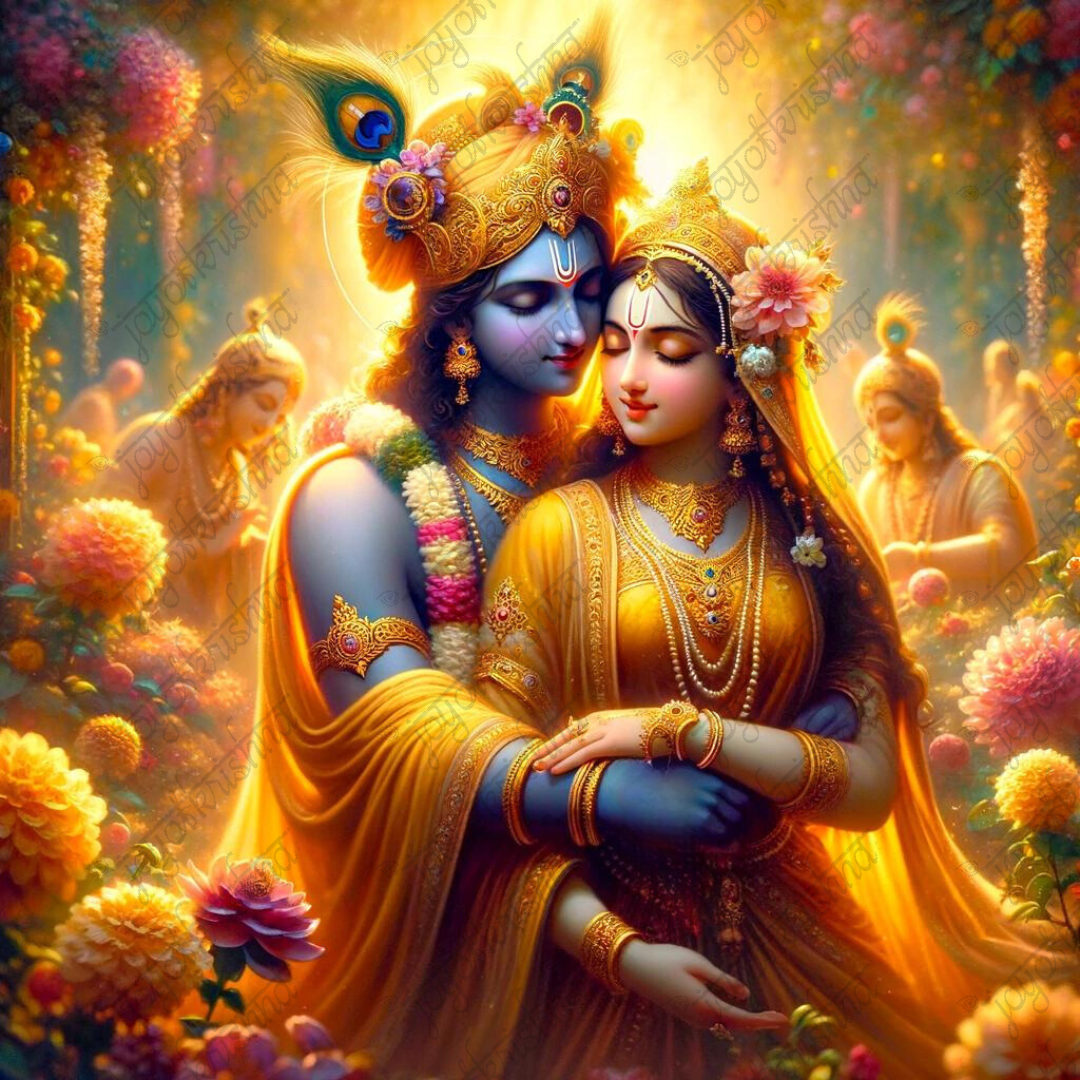
In the realm of Hindu mythology, one figure stands tall as an embodiment of divine love, wisdom, and spiritual guidance – Lord Krishna. His life and teachings have been a source of inspiration for millions of devotees across the globe, transcending cultural and geographical boundaries. As the eighth avatar of Lord Vishnu, Krishna’s birth is celebrated as a sacred event, marking the beginning of a new era in human history. Born in a dungeon, Krishna’s arrival was met with the sweet music of the flute, an instrument that would later become synonymous with his enchanting presence. The miraculous circumstances surrounding his birth, where he was smuggled out of the prison and replaced with a baby girl, only added to the aura of mystique surrounding this divine being.
As a young child, Krishna’s pranks and playful nature endeared him to the residents of Gokul, where he was raised by his foster parents, Nanda and Yashoda. The stories of his childhood escapades, such as stealing butter and milk from the village women, are still told and retold with great relish, highlighting his mischievous yet endearing personality. However, beneath the surface of these seemingly trivial events lay a deeper significance, as Krishna’s actions were often symbolic of the human struggle between good and evil. His confrontations with the demonic forces that threatened the peaceful existence of Gokul’s residents only served to underscore his divine mission – to protect the innocent and vanquish evil.
As Krishna grew in stature and wisdom, his teachings began to attract the attention of seekers and sages from far and wide. His doctrine of selfless love and devotion, as outlined in the Bhagavad Gita, has become a cornerstone of Hindu philosophy, offering insights into the nature of reality and the human condition. Through his conversations with Arjuna on the eve of the Mahabharata war, Krishna imparted timeless wisdom on the importance of fulfilling one’s duty, the fleeting nature of worldly attachments, and the need to cultivate a sense of detachment in the face of life’s challenges. His teachings on the three major yogic paths – Karma Yoga, Bhakti Yoga, and Jnana Yoga – have inspired countless individuals to embark on their own spiritual journeys, seeking to realize their true potential and attain union with the divine.
Krishna’s role as a divine guide and mentor is also reflected in his relationships with the gopis, a group of devoted women who saw him as their beloved. Through his interactions with them, Krishna demonstrated the transformative power of love and devotion, as the gopis’ selfless passion for him enabled them to transcend the limitations of the material world and experience the bliss of spiritual union. The ras leela, a sacred dance where Krishna and the gopis danced together under the starry night sky, has become an iconic representation of the divine-human connection, symbolizing the ultimate union of the individual self with the universal self.
In the end, Krishna’s life serves as a poignant reminder of the transience of human existence and the impermanence of all things. His eventual departure from the world, as described in the Mausala Parva, marks the end of an era, leaving behind a legacy of love, wisdom, and spiritual guidance that continues to inspire and uplift humanity to this day. As a shining embodiment of the divine, Krishna’s life and teachings offer a profound message of hope and transformation, reminding us that we, too, can realize our true potential and attain union with the ultimate reality.